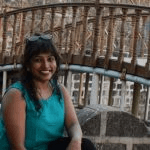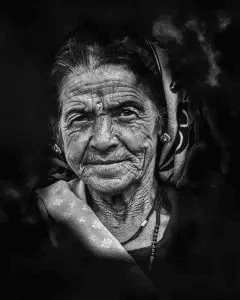
Suchitha Champak
Early diagnosis is key to tackling breast cancer and all cancers in general. This is because, in the early stages tumours are not aggressive and are unlikely to have spread to other parts of the body. Therefore early diagnosis becomes imperative to preventing and treating cancers more effectively. In order to do so, with the kind of expertise and technological advancement that is available in our country today, one of the ways forward is to establish a centralized breast cancer screening program for young and middle-aged women in India. In countries that have nationalized health schemes such as in the UK, USA, Australia, New Zealand etc., centralised breast cancer screening programs are well established. For example, in New Zealand, once in every two years, all women aged 50 -75 are invited for a mammogram. The age group is defined for every country based on their epidemiological data. Dr Alben points out that the Indian government has centralized screening schemes for oral and cervical cancers but not any yet for breast cancer. Breast cancer is the number one cancer affecting Indian women and yet there are very little efforts made in the screening of cancers despite the technology being available.
Why implementation of a screening program for breast cancer is the need of the hour for our nation?
All the interviewees and the discussions I have had with them regarding this cover story concur with the fact that a centralised or state-level scheme for breast cancer screening is the need of the hour for a country like India. It should be noted that although the prevalence of breast cancer is much lower in India when compared to the Western countries, the mortality rate is higher than its counterparts. Aparna Dhar, a medical geneticist at CORE Diagnostics Pvt Ltd gave us some relevant numbers. She quotes that in about a lakh women who are diagnosed with breast cancer every year, 60% of them are younger than the age of 60. Dr T S Sridhar, in an interview with us, backed these numbers stating that the median age of breast cancer occurrence in India is a decade earlier than the western advanced economies. Quoting him, he says, “The median age for first diagnosis in the US is about 60 or 62 and in India it is 50. So, if half of all women diagnosed with breast cancer are under the age of 50, it makes no sense to screen women who are over 60”. He hence suggested that when there is a nationwide screening established for screening breast cancer, then the age of screening should be 40 onwards, that is earlier than the recommendations made by any western society.
Setting up a scheme for screening breast cancer needs no new research and there is enough technology for adoption. Although, there are technical challenges especially for a country like India. The necessity of awareness and penetration of such facilities to rural areas are two main barriers. Also, from her own personal experience of getting a mammogram done, Prof Anjali Karande finds the procedure daunting and prefers not go back again although however necessary it is. So important measures should be taken to make sure that women do not find the procedure unnerving.

The median age of breast cancer occurrence in India is a decade earlier than the western advanced economies
Thus, will the government be able to pick up all these cues to disrupt the status quo for breast cancer screening for the women of the nation? Can breast cancer screening be a part of other general medical check-ups for middle aged women? Can screening be subsidised under health schemes such as Ayushman Bharath? Can the government incorporate a centralised breast cancer screening program for early diagnosis of breast cancer?





